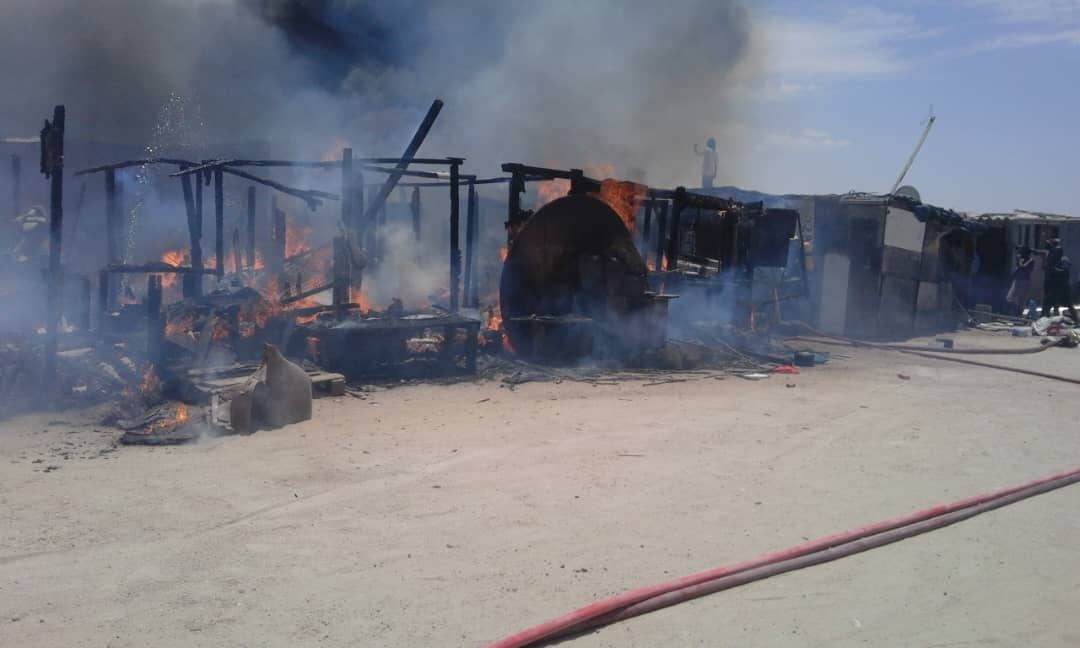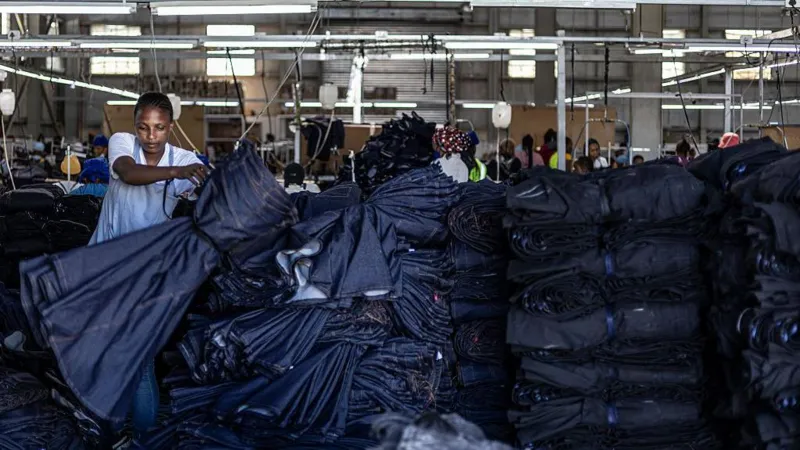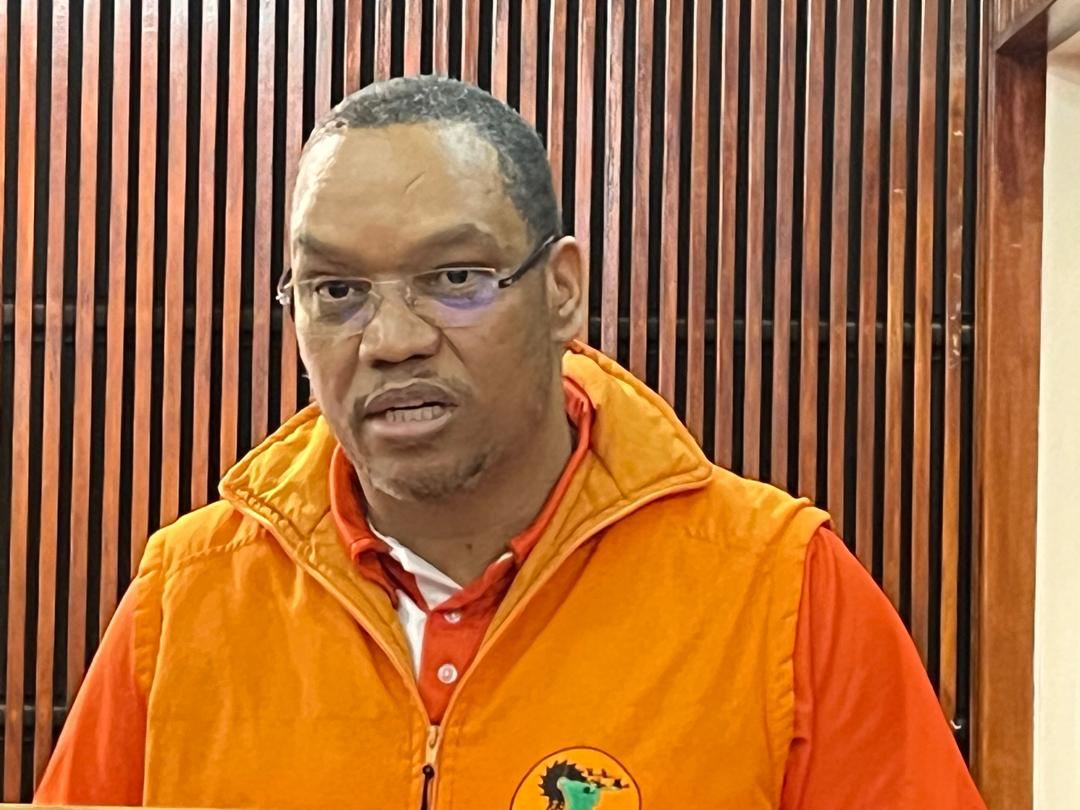THE South African government spent a conservative R80 billion recapitalising state-owned enterprises between 2004 and 2008, with the bulk going to power utility Eskom and South African Airways (SAA).
But there is little clarity on the policy direction on state-owned enterprises – whether it is edging towards privatisation or greater state control, and whether bailouts would be tolerated in future.
ANC treasurer-general Mathews Phosa told Business Report there was ‘a debate’ going on in the ruling party. He did not want to make a ‘blanket statement’ because the organisation had an open mind and each state-owned entity would have to be analysed individually.
Phosa acknowledged that recent bailouts had related to ‘mismanagement at times’.
He said the governing principle in regard to future bailouts would be ‘the public interest’. Such decisions would probably be driven by the public enterprises ministry.
Democratic Alliance public enterprises spokesman Manie van Dyk said that SAA had been bailed out to the tune of about N$15 billion from May 2004 to August 2008 and the airline should be privatised.
He said there needed to be changes to Eskom’s monopoly over power generation and distribution. ‘Others should be run by executives with the necessary skills and experience,’ he said.
Early last year, the national treasury made N$60 billion available as a loan to Eskom.
Pan African Holdings chief executive Iraj Abedian said the bailouts were a symptom of ‘a thin edge’ of a much broader public sector malaise.
He said the government had handled the structural and institutional side of public entities well, but the same did not apply to asset management.
‘They (the government) have created fairly independent boards for these institutions,’ he said, but added that many of chief executives had been effectively appointed by cabinet ministers. ‘The chief executives feel they are immune to board oversight. SAA was a classic case.’
Van Dyk noted that former SAA chief executive Khaya Ngqula had received more than N$20 million during his tenure, while the airline was run ‘at a considerable loss’.
Brait economist Colin Garrow said the government had to be careful privatising the utilities providing water, sanitation and electricity. ‘One has to be careful that one doesn’t create a monopoly in the hands of the private sector.’
He believed greater state involvement in mining, as suggested last week by ANC secretary general Gwede Mantashe, was the wrong way to go.
Abedian said there was room for privatisation in electricity generation, but less so in distribution. ‘Privatisation is not a panacea,’ he said, noting that the transmission network of electricity was a natural monopoly. ‘When you fragment it, it increases the cost to the consumer.’
Garrow said public private partnerships running some state services might be the right route. The Gautrain rapid rail link between Pretoria, Johannesburg and the international airport was ‘a workable model’ of partnership.
Van Dyk reported that the cost of bailing out SAA had been N$6 billion in 2004/05, N$2,3 billion the following year, N$1,3 billion in 2006/07 and N$5,4 billion in 2007/08.
The cost of bailing out Land Bank had been N$700 million in 2005/06 and N$2,2 billion in 2006/07. Denel had been bailed out to the tune of N$1,5 billion in 2005/06, N$3,5 billion the following year and N$1,7 billion in 2007/08. The Road Accident Fund bailout had cost N$2,7 billion in 2006/07 and N$1,3 billion the following year.
Abedian noted that a governing framework was important for both public and private sector companies.
The privatisation of Iscor had led to monopoly behaviour by Mittal, he noted. ‘Privatisation in the absence of an appropriate legislative environment is a recipe for a disaster. Let us not glorify privatisation.’
-Business Report
Stay informed with The Namibian – your source for credible journalism. Get in-depth reporting and opinions for
only N$85 a month. Invest in journalism, invest in democracy –
Subscribe Now!










